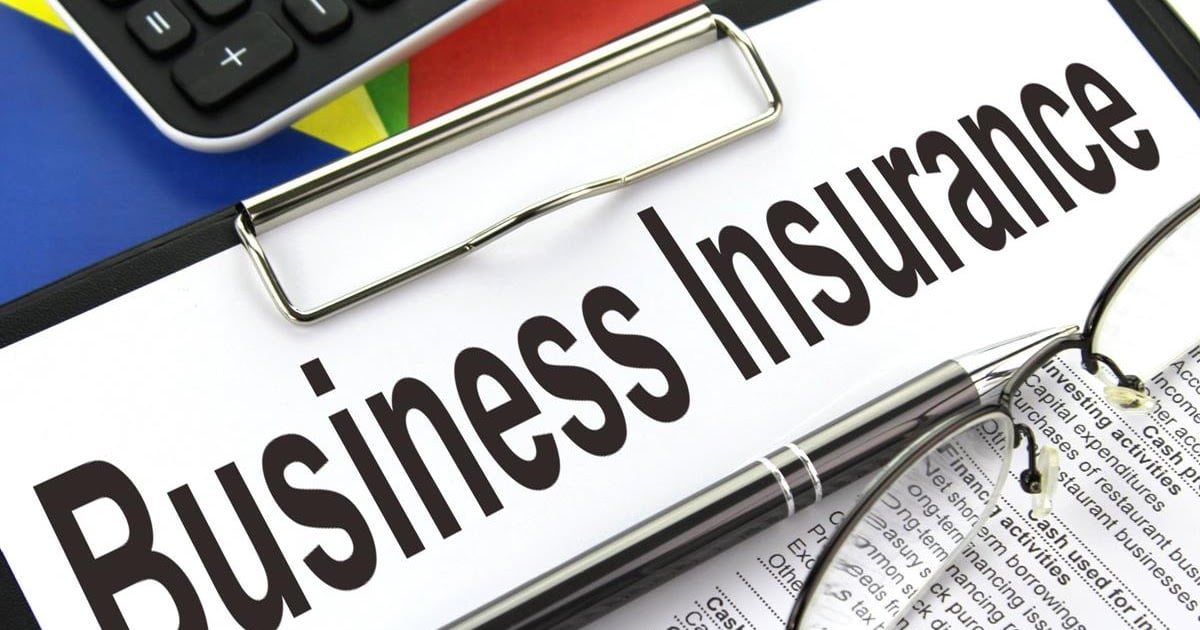As a small business owner, you’ve poured your heart and soul into building your company from the ground up. From hiring the right employees to managing day-to-day operations, you’ve faced countless challenges along the way. One of the most important things you can do to protect your business is to invest in the right insurance coverage.
Understanding Small Business Insurance
Small business insurance is a type of coverage that helps protect your company from financial losses due to unexpected events, such as property damage, liability claims, or employee injuries. While the specific types of coverage you need will depend on the nature of your business, most small business owners should consider the following types of insurance:
- General Liability Insurance: This type of coverage protects your business from claims of bodily injury or property damage caused by your products, services, or operations.
- Property Insurance: If you own or lease a physical space for your business, property insurance can help cover the cost of repairing or replacing your building and equipment in the event of a covered loss, such as a fire or natural disaster.
- Workers’ Compensation Insurance: In most states, businesses with employees are required to carry workers’ compensation insurance, which provides benefits to employees who are injured on the job, such as medical expenses and lost wages.
The Importance of Small Business Insurance
Small business insurance is essential for protecting your company’s financial well-being. Without the right coverage in place, a single lawsuit or unexpected event could put your business at risk of bankruptcy. By investing in small business insurance, you can:
- Protect your assets: If your business is sued or held liable for damages, your insurance coverage can help pay for legal fees, settlements, and judgments, protecting your personal and business assets.
- Attract and retain employees: Offering benefits like health insurance and workers’ compensation can help you attract and retain top talent, while also demonstrating your commitment to your employees’ well-being.
- Comply with legal requirements: Many states require businesses to carry certain types of insurance, such as workers’ compensation and unemployment insurance. Failing to comply with these requirements can result in fines and penalties.
Types of Small Business Insurance Coverage
While the specific types of coverage you need will depend on your business, most small business owners should consider the following types of insurance:
- General Liability Insurance: This type of coverage protects your business from claims of bodily injury or property damage caused by your products, services, or operations.
- Property Insurance: If you own or lease a physical space for your business, property insurance can help cover the cost of repairing or replacing your building and equipment in the event of a covered loss, such as a fire or natural disaster.
- Workers’ Compensation Insurance: In most states, businesses with employees are required to carry workers’ compensation insurance, which provides benefits to employees who are injured on the job, such as medical expenses and lost wages.
- Professional Liability Insurance: Also known as errors and omissions (E&O) insurance, this type of coverage protects your business from claims of negligence or mistakes in your professional services.
- Commercial Auto Insurance: If your business owns or operates vehicles, commercial auto insurance can help cover the cost of damages or injuries in the event of an accident.
Choosing the Right Small Business Insurance Coverage
When choosing small business insurance coverage, it’s important to consider the unique needs and risks of your business. Some factors to consider include:
- The size and nature of your business: Larger businesses or those in high-risk industries may require more comprehensive coverage.
- Your location: Businesses in areas prone to natural disasters may need additional coverage, such as flood or earthquake insurance.
- Your assets and liabilities: The more valuable your assets and the higher your potential liabilities, the more coverage you may need.
- Your budget: While it’s important to have adequate coverage, you also need to consider the cost of your premiums and deductibles.
To help you choose the right coverage, consider working with an experienced insurance agent who specializes in small business insurance. They can help you assess your risks, compare policies and providers, and ensure that you have the coverage you need to protect your business.
Conclusion
Small business insurance is a critical investment in the long-term success and stability of your company. By understanding the types of coverage available and choosing the right policies for your business, you can protect your assets, minimize your risks, and focus on growing your company with confidence.
Remember, small business insurance is not a one-size-fits-all solution. It’s important to review your coverage regularly and make adjustments as your business grows and evolves. By staying proactive and informed about your insurance needs, you can ensure that your business is protected no matter what challenges come your way.
